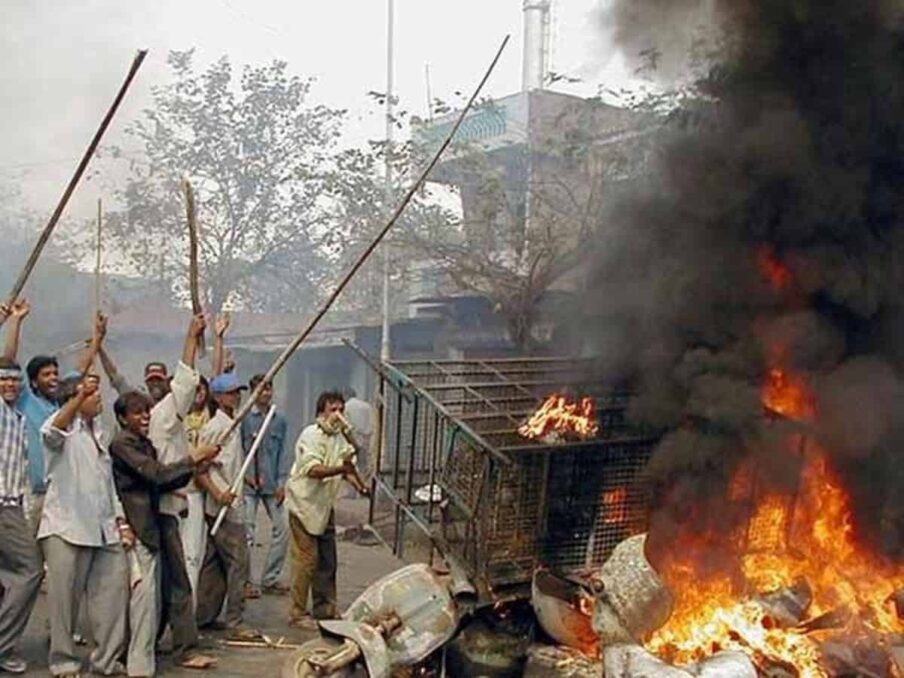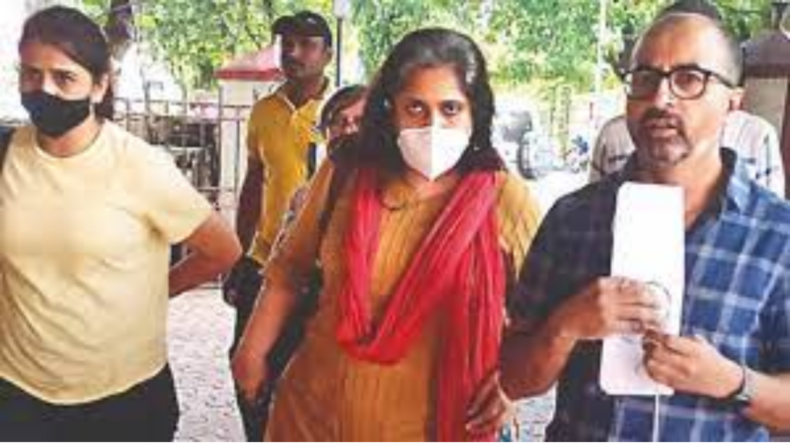Table of Contents
The Supreme Court extended the interim protection from arrest given to activist Teesta Setalvad in connection with a lawsuit filed against her for disparaging the Gujarat government for its handling of the Gujarat riots in 2002. The extension was given on Wednesday till July 19. [State of Gujarat v. Teesta Atul Setalvad]
The Gujarat government was contacted over the subject by a special bench of Justices BR Gavai, AS Bopanna, and Dipankar Datta, who also posted the case for final disposition on July 19—the next hearing date.
Together with Solicitor General Tushar Mehta, Additional Solicitor General SV Raju informed the Supreme Court of Gujarat that they required time to interpret some papers.
For Setalvad, senior attorney Kapil Sibal requested an immediate hearing on the case.
The activist received temporary bail from the court last week during a special Saturday hearing; it was given for seven days and was set to expire on July 8.
Setalvad’s appeal against a Gujarat High Court decision refusing her regular bail was being heard by the court. Relevantly, that judgement had instructed her to turn herself in right away since releasing her on bail would further the polarisation of the State’s communities.
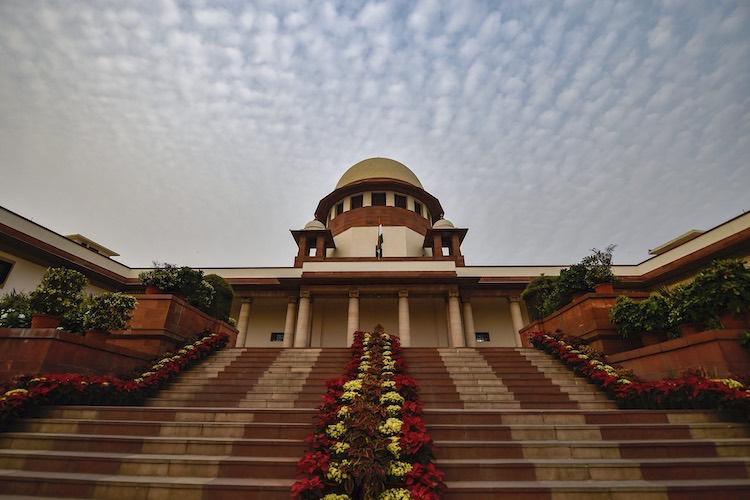
What are the charges against Setalvad?
Setalvad is charged with forging papers to incriminate high-ranking members of the Gujarati government at the time, which was headed by the now-former Chief Minister Narendra Modi.
A day after the Supreme Court ruled that individuals guilty of “maligning the State” during the Gujarat riots in 2002 should be put “in the dock,” she was arrested by the Gujarat Anti-Terror Squad.
Her temporary bail in the case has been approved by the Supreme Court in September 2022.
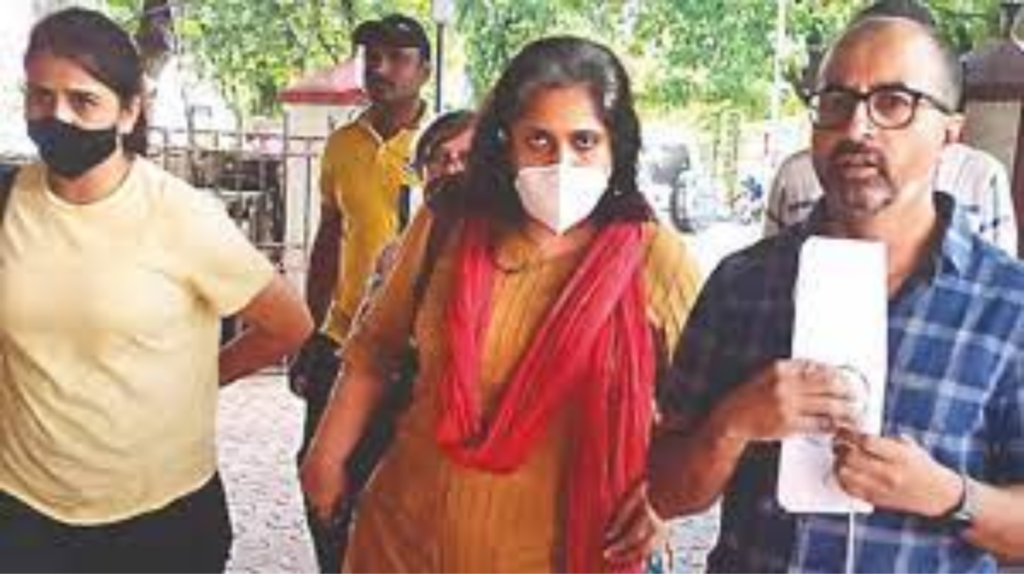
What were the Gujarat riots?
The 2002 Gujarat riots, sometimes referred to as the Gujarat violence, were a three-day intercommunal conflict in the Gujarat state in western India. The violence was caused due to setting fire of a train at Godhra Railway station in 2002. This resulted in the deaths of 58 Hindu pilgrims and karsevaks. There were more violent outbursts in Ahmedabad for three months, as well as across the state of Gujarat against the minority Muslim community over the next year.
There have been several reports of savage murders, rapes, extensive looting and property damage. As well as police and government officials who reportedly handed names of Muslim-owned homes to the rioters and directed them, Narendra Modi, then the Chief Minister of Gujarat and eventually the Prime Minister of India, was charged with supporting the violence.
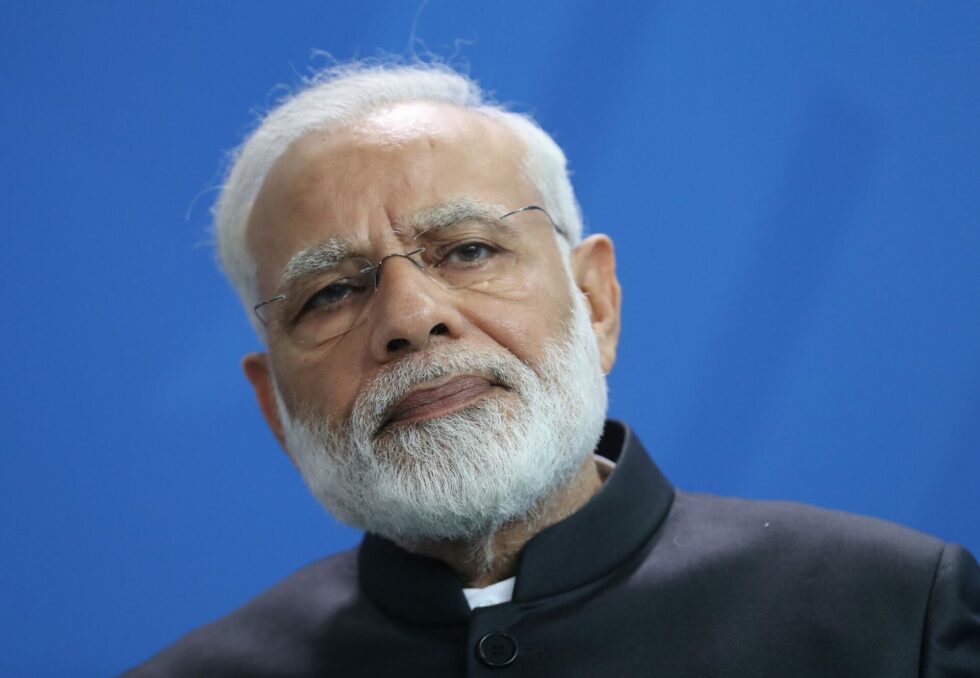
Modi was exonerated of involvement in the violence by the Special Investigation Team (SIT), which was formed by the Indian Supreme Court. The state administration was accused of not doing enough to stop the rioting, which was also refuted by the SIT. According to reports, the Muslim community responded indignantly and incredulously.
Though the 2002 events were officially categorized as a communalist riot, several historians have referred to them as a pogrom. Some observers have claimed that the attacks were premeditated and that the attack on the train served as a “staged trigger” for the actual deliberate violence. Other commentators have claimed that these actions fit the “legal definition of genocide,” or have called them ethnic cleansing or acts of state terrorism. Massacres that occurred around police training facilities include the Naroda Patiya Massacre, the Gulbarg Society Massacre, which also claimed the life of former lawmaker Ehsan Jafri and several occurrences in Vadodara City.
